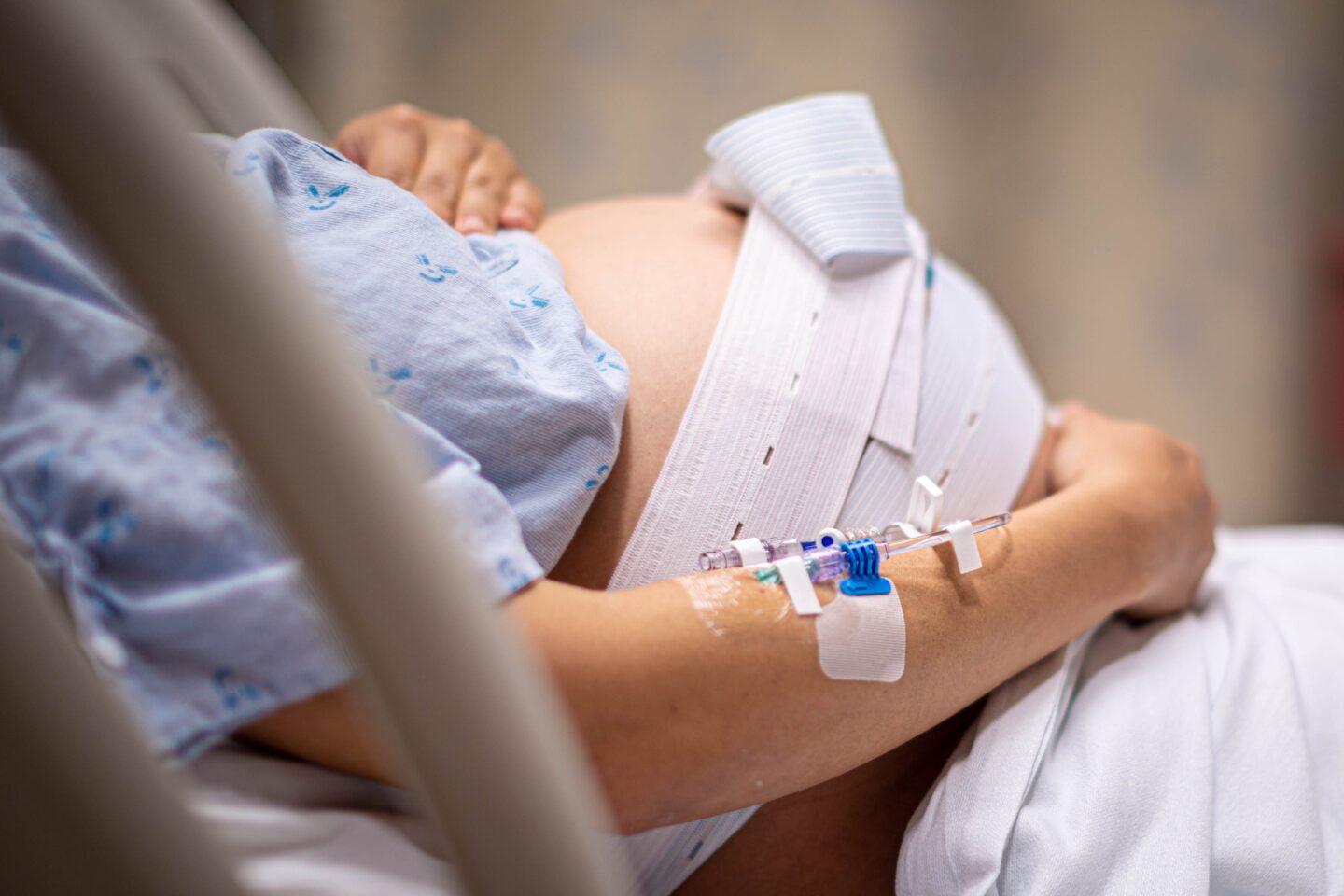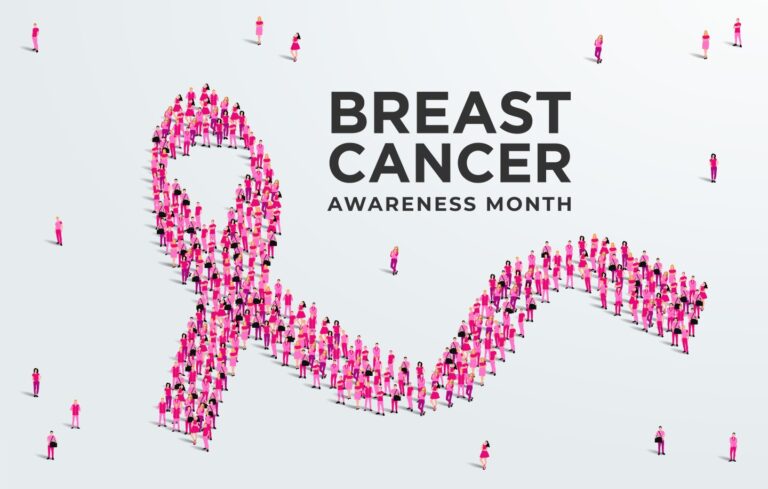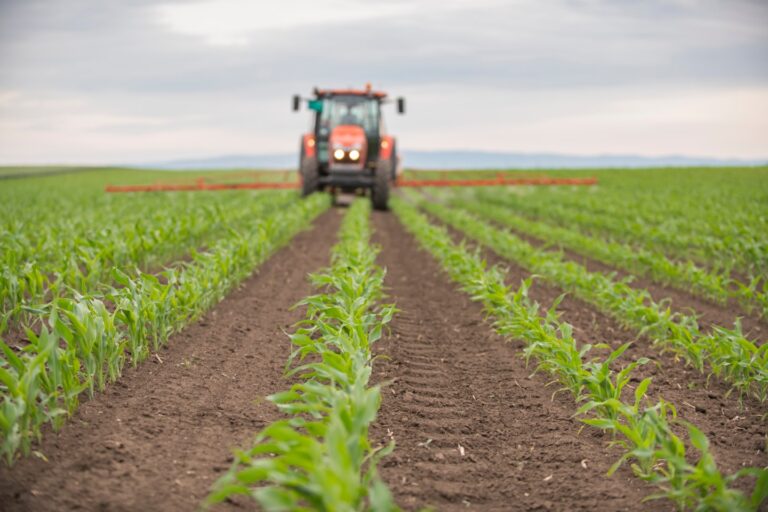
Staggering cost of childbirth injury OASI uncovered in charity survey
Childbirth is a life-changing event for mothers, but for some it brings long-lasting injuries such as obstetric anal sphincter injuries (OASI) caused through delivery. This can result in physical, psychological and financial challenges.
MASIC (Mothers with Anal Sphincter Injuries Charity), a pioneering organisation in the UK, is dedicated to supporting women who have experienced such injuries and raising awareness of the impact these injuries have on their lives.
In 2024, The MASIC Foundation carried out a survey to assess the costs of an OASI injury to women, their families and the NHS.
The results provide invaluable insights into the real-world effects of these injuries, showing the financial, emotional, and physical toll. This blog will explore the findings of MASIC’s survey and highlight the charity’s ongoing efforts to support and advocate for these mothers.
What is OASI?
Obstetric anal sphincter injury (OASI) refers to damage to the muscles and tissues around the anus and rectum during childbirth, often caused by the force of delivery or the use of interventions such as forceps or vacuum extraction. This injury can lead to incontinence, pain, and other long-term health issues.
Despite being one of the more common birth injuries, OASI is frequently underreported, demonstrated in the survey with 20% of cases the OASI injury being missed at delivery.
MASIC’s mission
The MASIC Foundation was founded to improve the care, treatment, and understanding of mothers affected by OASI. The charity provides a support network for mothers, offers resources on treatment options, and works to raise awareness among healthcare professionals about how to prevent and manage these injuries. Its work has been vital in ensuring women who suffer from OASI get the medical attention, emotional support and respect they deserve.
The Cost of Injury Survey: key findings
MASIC’s recent survey sought to investigate the real cost of OASI from the perspective of the women who have experienced it. The survey looked at the likely costs of surgical procedures, medical appointments and investigations, and products to manage incontinence, employment, legal cases and more.
The survey found an average cost of £50,654 for each woman who sustains an OASI injury.
Findings from the survey:
Physical and emotional impact
The physical toll of OASI on mothers is undeniable. Many women reported ongoing problems with incontinence, pain during bowel movements, and difficulty participating in physical activities, which significantly affects their quality of life.
More than 60% of survey respondents said they had experienced severe pain months or even years after childbirth.
But the emotional impact is equally devastating.
The emotional distress caused by OASI was highlighted by many mothers, with more than 50% reporting feelings of embarrassment, anxiety, and depression.
Many felt isolated in their experience, as the injury is often not discussed openly, and they felt their needs were not always recognised by healthcare professionals.
Financial burden
The survey revealed OASI has significant financial costs for mothers, even beyond the immediate medical expenses.
More than 40% of mothers reported they had to take time off work or reduce their working hours due to ongoing pain or incontinence. This loss of income, combined with the often substantial costs of physiotherapy, counselling, and other medical treatments, meant many families faced a considerable financial burden.
Additionally, the need for specialised products, such as incontinence pads, and continued healthcare appointments, added to the ongoing costs. In some cases, women reported spending hundreds of pounds per month on managing the consequences of their injuries.
Lack of support and awareness
A concerning finding from the survey was the lack of postnatal care for women who have sustained OASI. Only a small percentage of respondents received the follow-up care or rehabilitation they needed. Despite the prevalence of OASI, many healthcare professionals remain under-informed about the long-term consequences of these injuries, leading to inadequate support for affected mothers.
The survey revealed more than 70% of respondents felt healthcare providers were not sufficiently aware of the implications of OASI or were not offering the proper guidance for recovery. This gap in awareness is something MASIC is determined to address through continued education and advocacy.
The impact of MASIC’s survey
MASIC’s survey has brought much-needed attention to the real-world costs — both emotional and financial — that women face after sustaining OASI during childbirth. The results have been instrumental in:
- Raising awareness: By highlighting the profound physical and psychological toll OASI takes on mothers, MASIC has sparked conversations within healthcare systems and the public about the importance of preventing and properly managing these injuries.
- Advocacy for better care: The survey results have fuelled MASIC’s ongoing campaign to improve postnatal care for women who suffer from OASI. The charity is calling for better education for healthcare professionals, more accessible rehabilitation services, and increased awareness about the mental health impacts of childbirth injuries.
- Support for affected women: The findings from the survey have helped MASIC continue its mission to provide emotional and practical support for women dealing with the aftermath of OASI. Through its network, women can connect with others who share their experiences and gain access to vital resources and advice.
The results of MASIC’s Cost of Injury Survey have highlighted just how far we need to go in supporting mothers who suffer from OASI.
The financial, physical, and emotional toll of this injury is significant, and it’s time for healthcare systems and society as a whole to take notice.
MASIC’s ongoing work is vital in ensuring women who have experienced childbirth injuries receive the care, attention, and support they deserve.
If you or someone you know is dealing with the aftermath of OASI, MASIC offers resources, support groups, and a wealth of information to help navigate the recovery process. For more information, visit MASIC Charity’s website.
How we can help
If you have suffered a OASI or any other injury during childbirth due to medical negligence, a legal claim can help cover the costs associated with treatment, rehabilitation, and long-term care. Pursuing a claim can also provide compensation for the emotional and physical impact these injuries may have on your life.
Our team is here to offer you honest, expert advice with no obligation and no cost for an initial consultation. We genuinely care about what happens next for you and your family and are ready to guide you through the process.
Jen Hall, MASIC campaigns manager, said: “Our survey findings highlight the huge financial and emotional burden of OASI injuries, many of which are hidden, due to a lack of awareness of the long-term implications for women and their families.
“Our survey questions aimed to assess not only the cost to families, but also the NHS, in the hope that our survey snapshot of 243 women could lead to a wider investigation of the huge costs of maternal injuries at a time when NHS services are under severe financial strain.
“This was a key recommendation in Theo Clarke’s landmark 2024 Birth Trauma Inquiry report (page 7). Thank you to all the women who responded to our survey. The full survey report can be found here.”









